|
Over the years, I've found there are quite a number of author forums and communities online. Some are pretty "dead", while others are thriving. A few have given me a tonne of important information, as well as a sense of camaraderie. I wanted to put 5 down, and there are many more I could have selected, but in honesty, these are the 4 platforms I use on an at-least-weekly basis. 1. Writers' Cafe, kboards
2. KDP Community
3. Reddit
4. Twitter
Good luck!
0 Comments
Not judging a book by its cover doesn't hold in my experience as a reader and writer. In a world where most readers scroll past multiple book covers on a computer screen within fractions of a second, artwork fights for interest. You might think writing a book is hard, but what comes next is equally formidable. Here is a short list of platforms and tools that might help (I've tried them all). There are others out there that sometimes perform similar functions, but I've either not used them yet, or decided against them. 1. Fiverr
2. Pre-designed covers
3. Simple DIY Covers Creators
4. Complex DIY Software
5. Cover Inspiration
Good luck!
You've written your book, which was tough. Well done! But, now what? Convincing potential readers to take a look at your book, or even find it in the first place, is even harder. But don't worry, you've managed to write a book, so you're already more than capable of riding this part out too. Here's the short list of things I believe are valuable building clocks that authors can use to cultivate and retain a legion of readers. I believe these are highly effective and doable for the majority of writers. 1. Mailchimp
2. Author Exchange Platform
3. Social Media
4. Website sign up form
5. Back Matter
Good luck!
There are a variety of platforms (or tools) vying for our attention as authors. Sifting through these to find truly useful ones is a laborious task, and also subjective. Some authors will prefer tools to help them keep to a daily or weekly work count, some will prefer tools to help with character names, some will prefer tools to help with sentence structure, and so on. The following 5 tools are near-indispensable for helping authors write and complete manuscripts, in my opinion (8 books down in a mix of indie and trad publishing + a few in the oven!). They're tools I've personally used, and find helpful. 1. Microsoft Word
2. Grammarly
3. Hemingway
4. An app to take notes (I use Telegram)
5. Glossary Generator
Good luck!
It's vital that online "mentions" exist for you as an author. When a reader searches for you or your book, the more results that come up in the search engine, the better. Ensuring your book(/s) are mentioned online is even more important if you have not cultivated an email list of subscribers. They do not take a lot of effort, and once you've ensured the information is correct, you're pretty much done! Here are 5 of the most useful places for you to do this. These platforms are free, although some do offer various paid services (which I'm not 100% sure I'd recommend). 1. Goodreads
2. BookBub
3. LibraryThing
4. Amazon Author Central
5. Your own website
Good luck!
|
James MurdoScience Fiction author and creator of the Glossary Generator tool. Archives
December 2022
Categories |
© Copyright James Murdo 2024 | Privacy Policy |


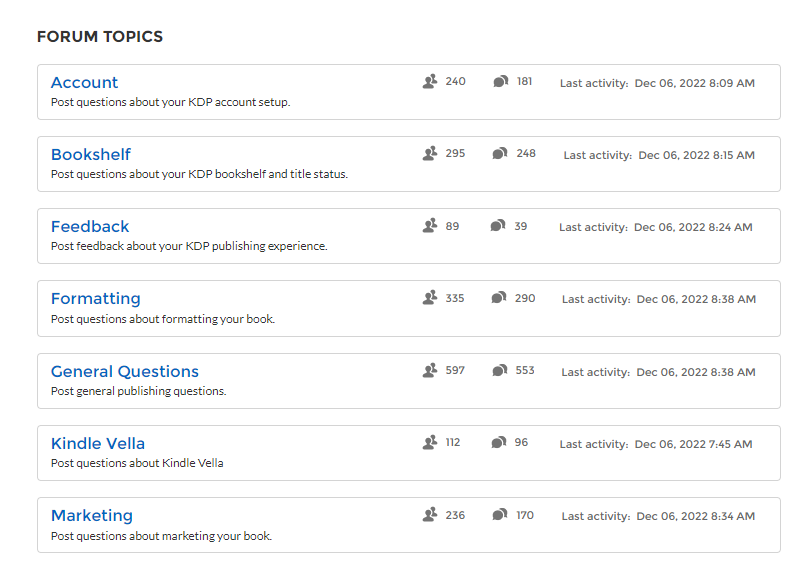
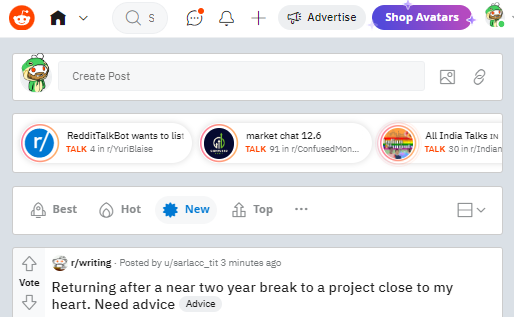
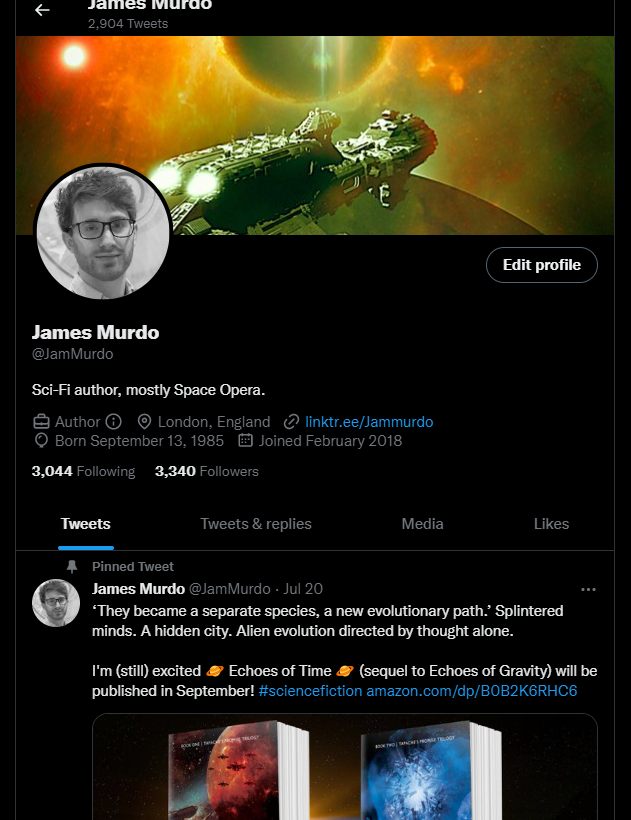
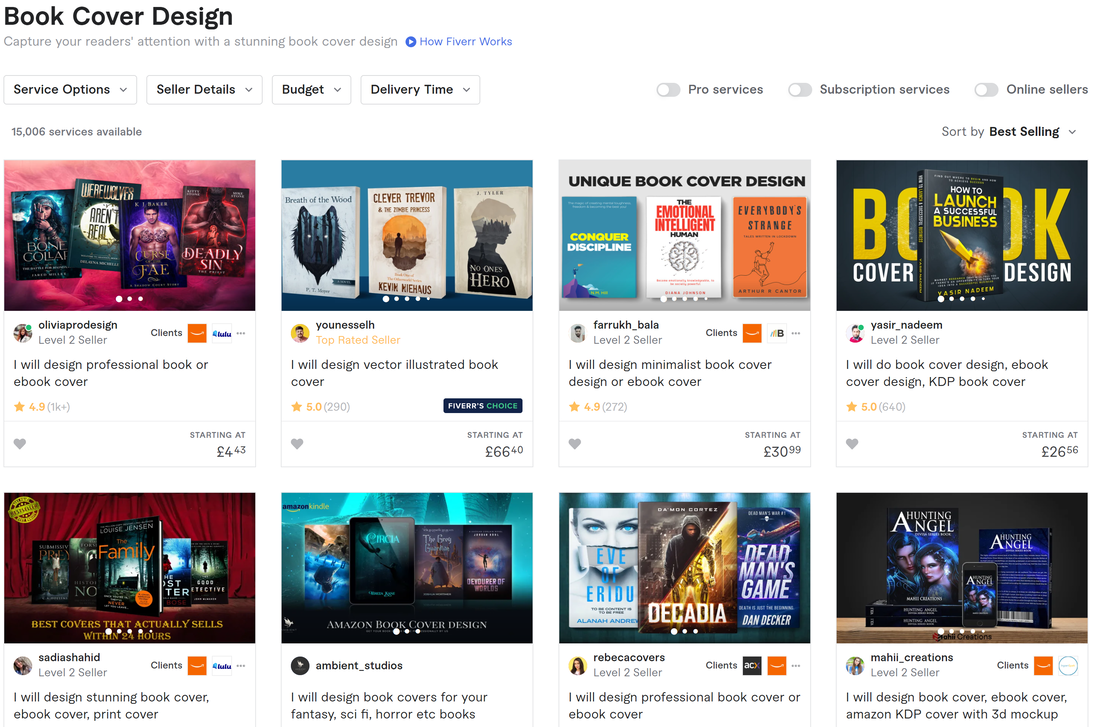
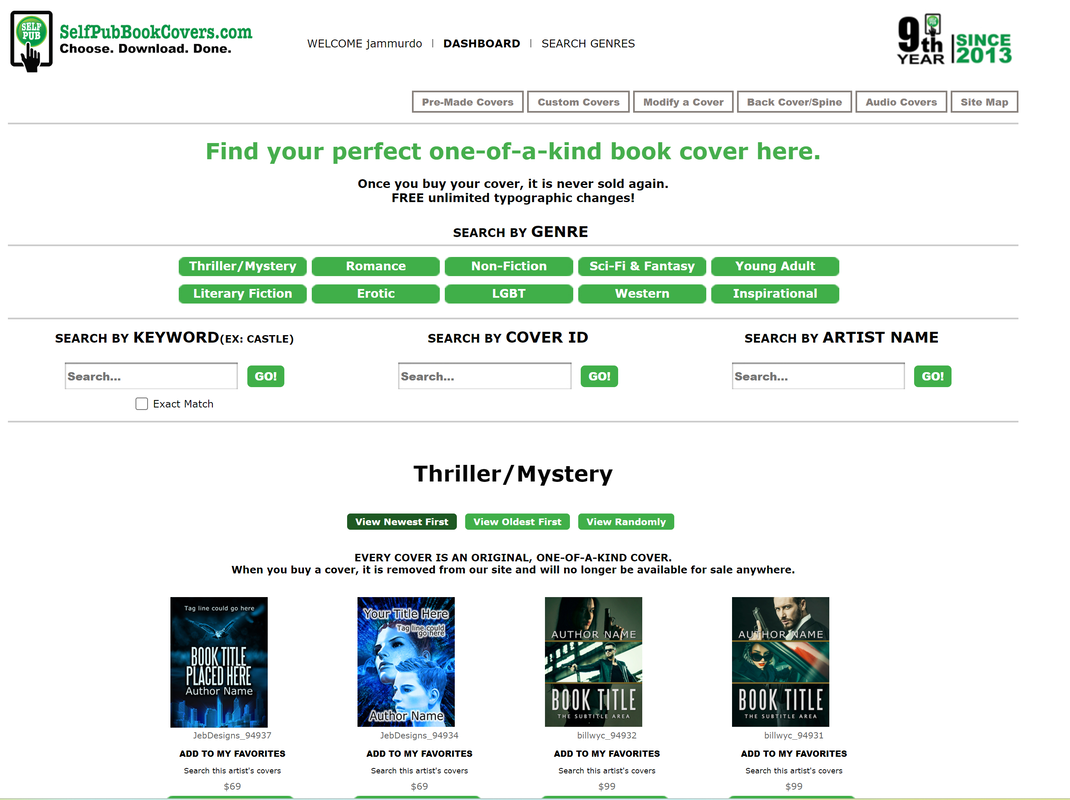
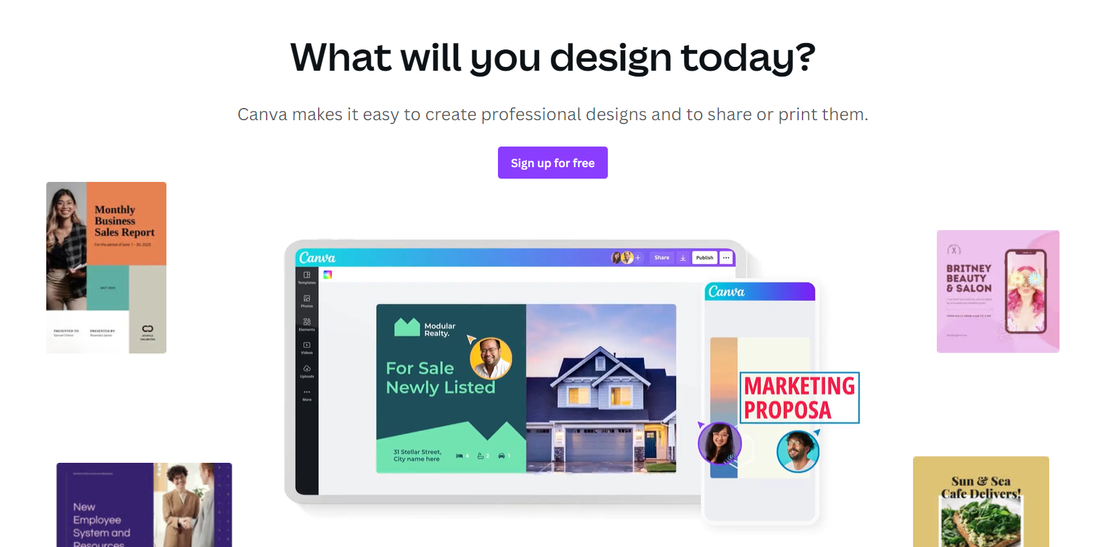
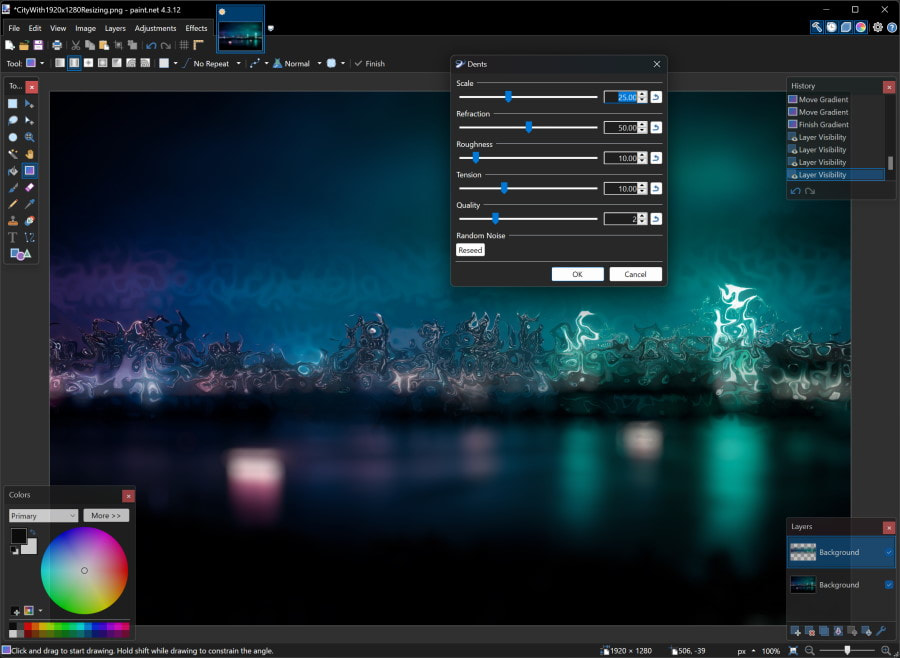
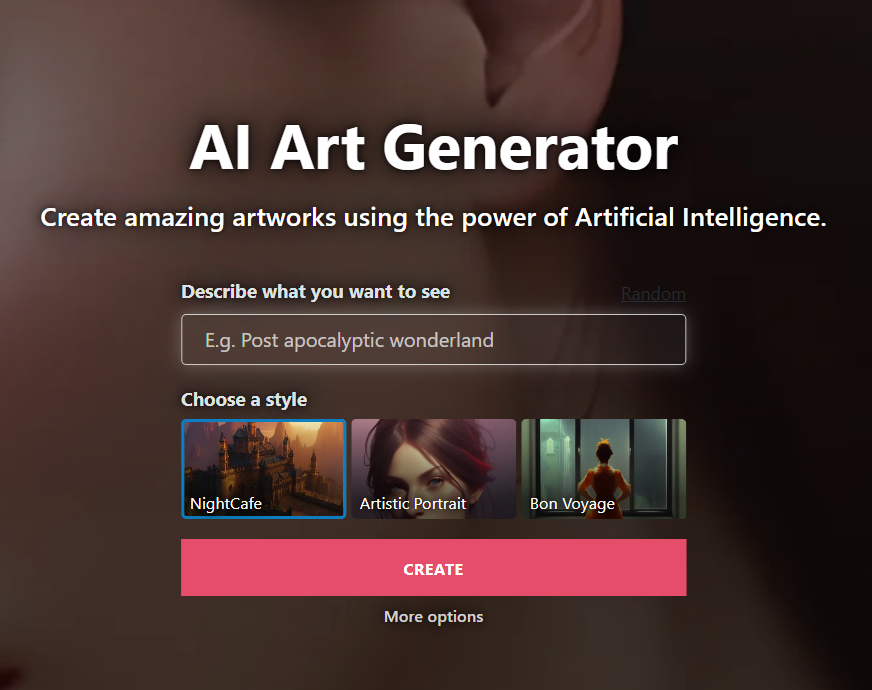

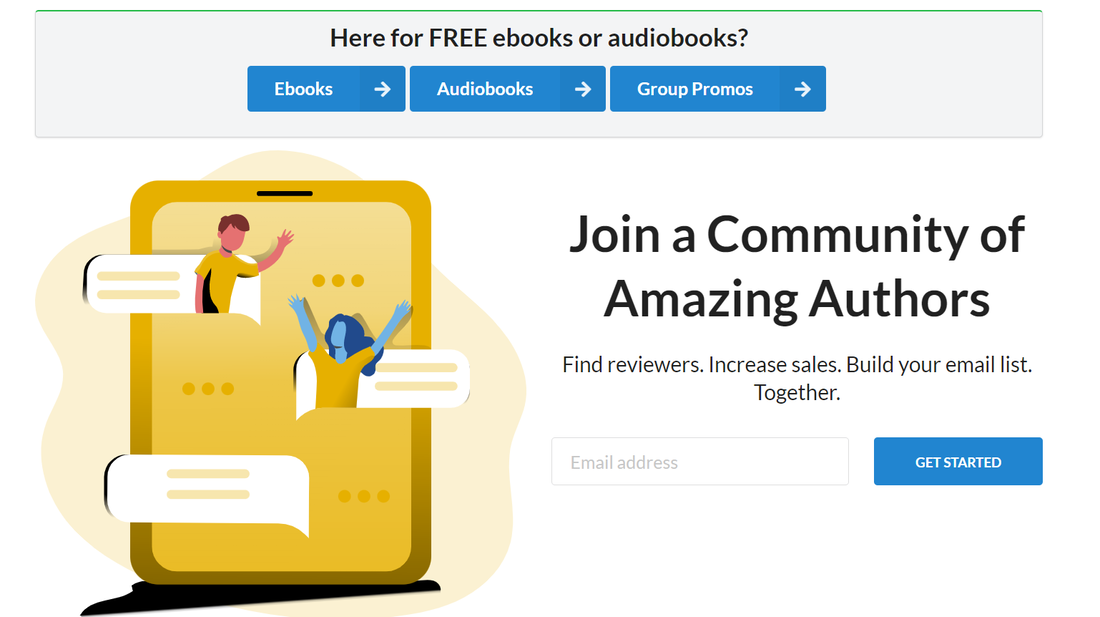
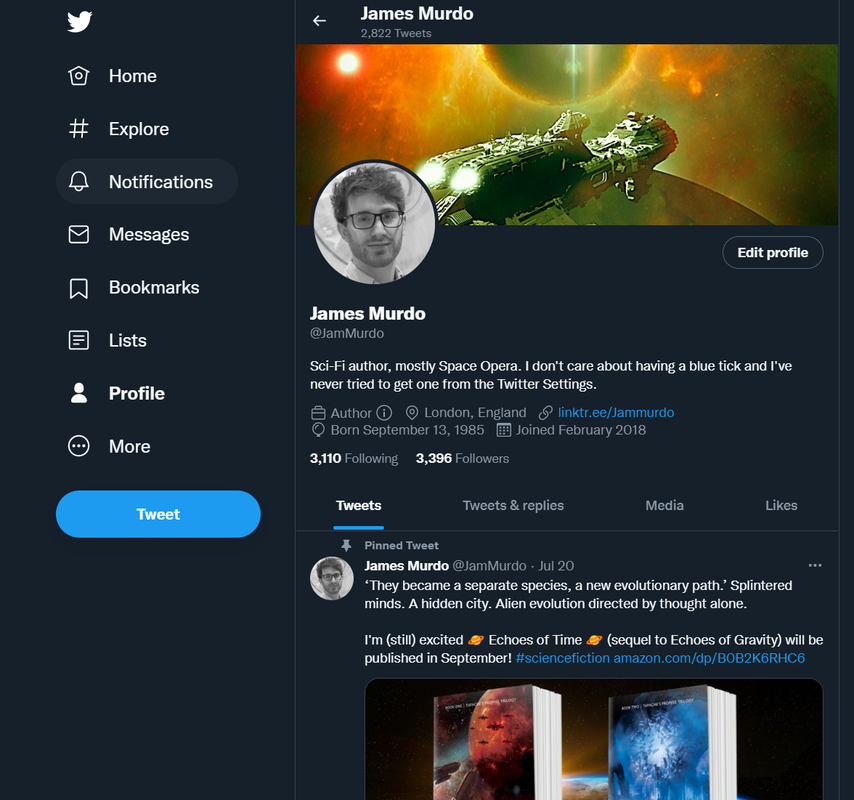
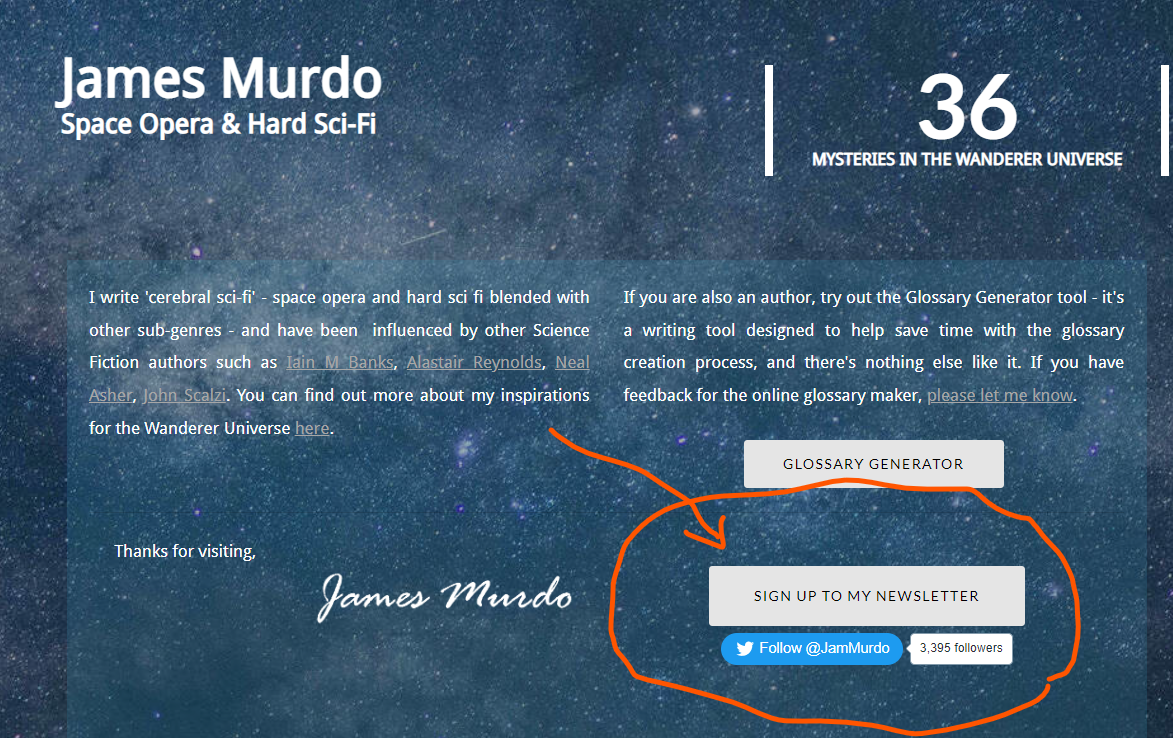
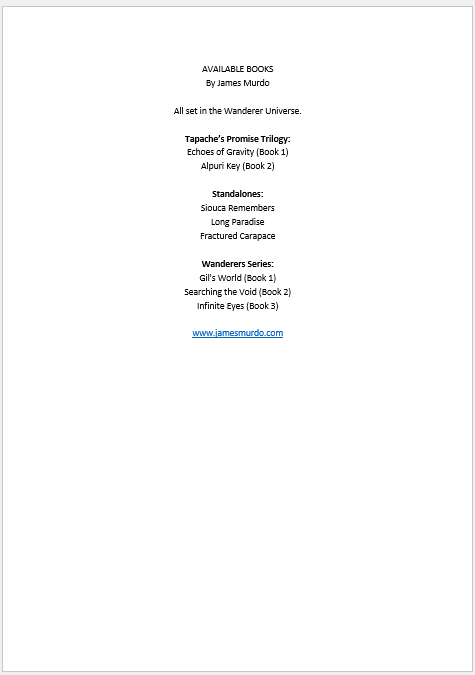
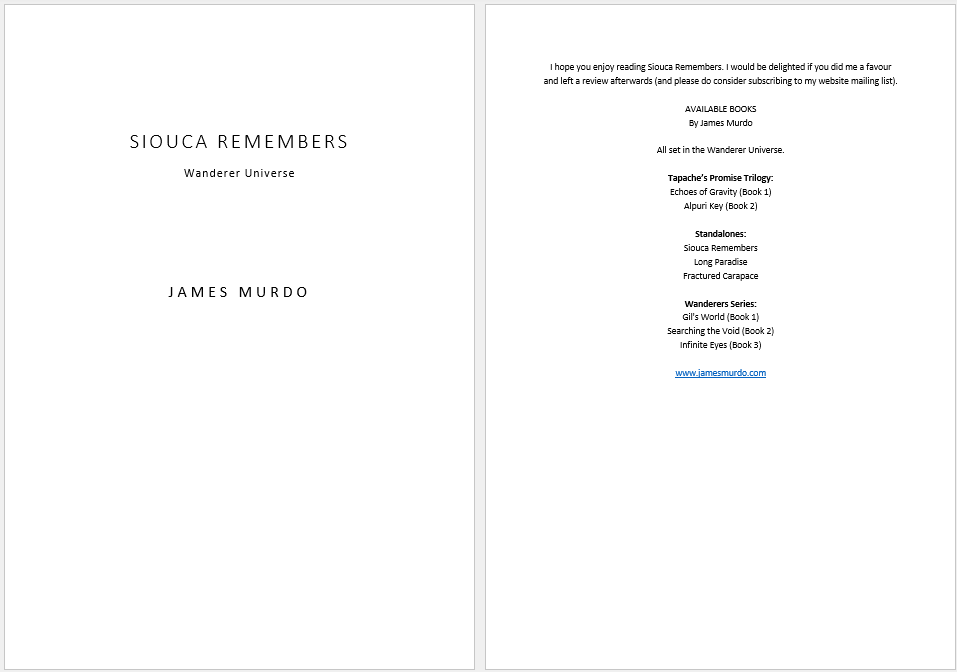
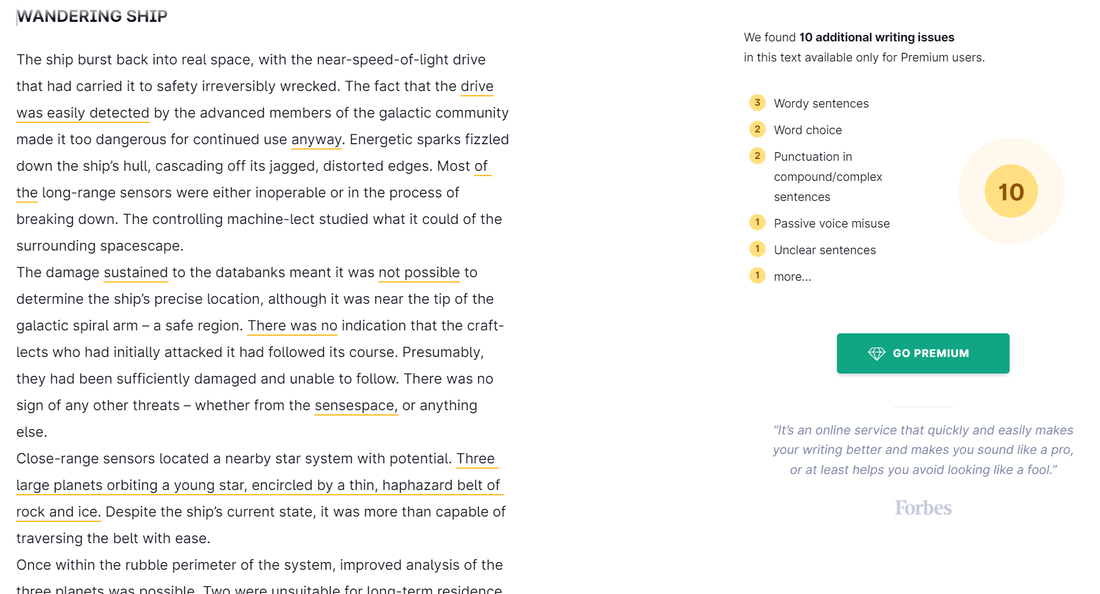
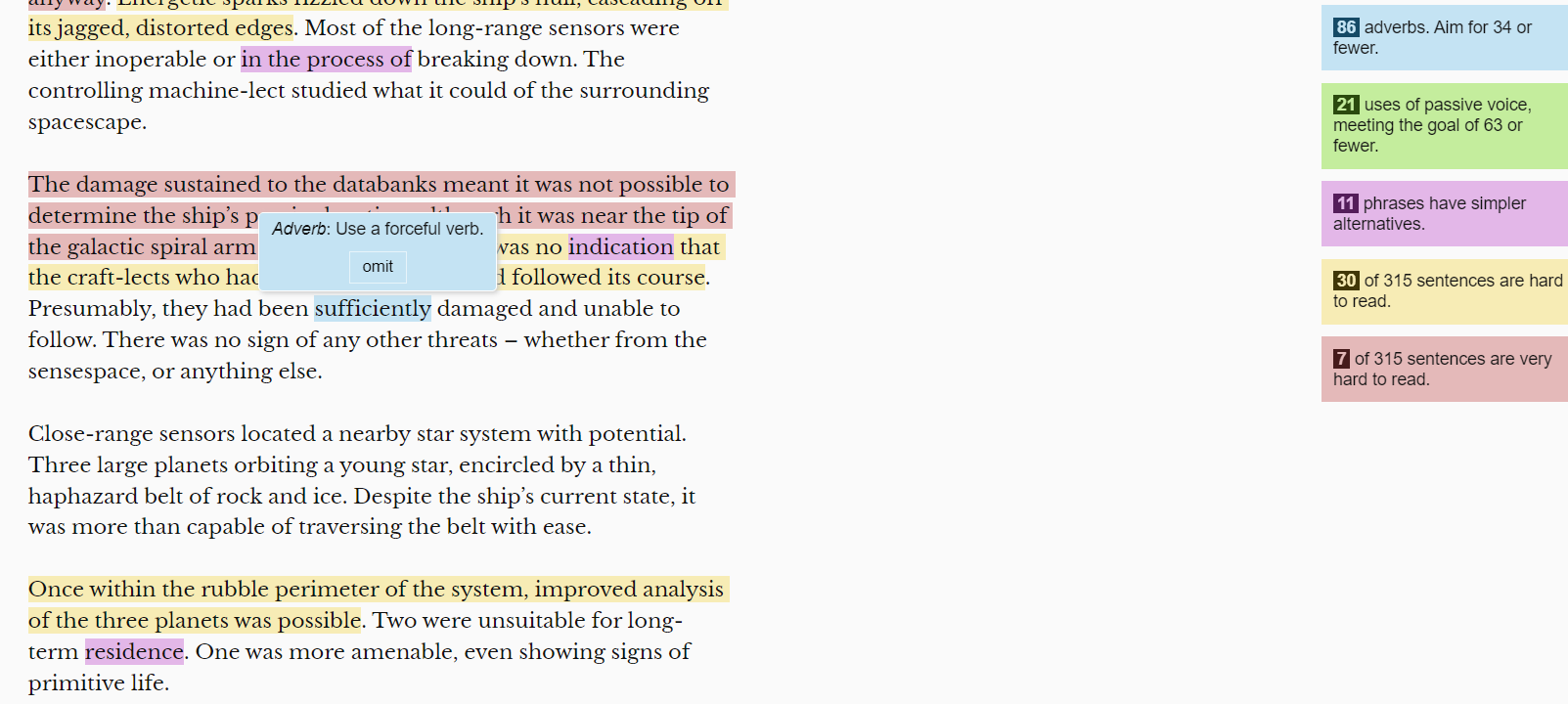
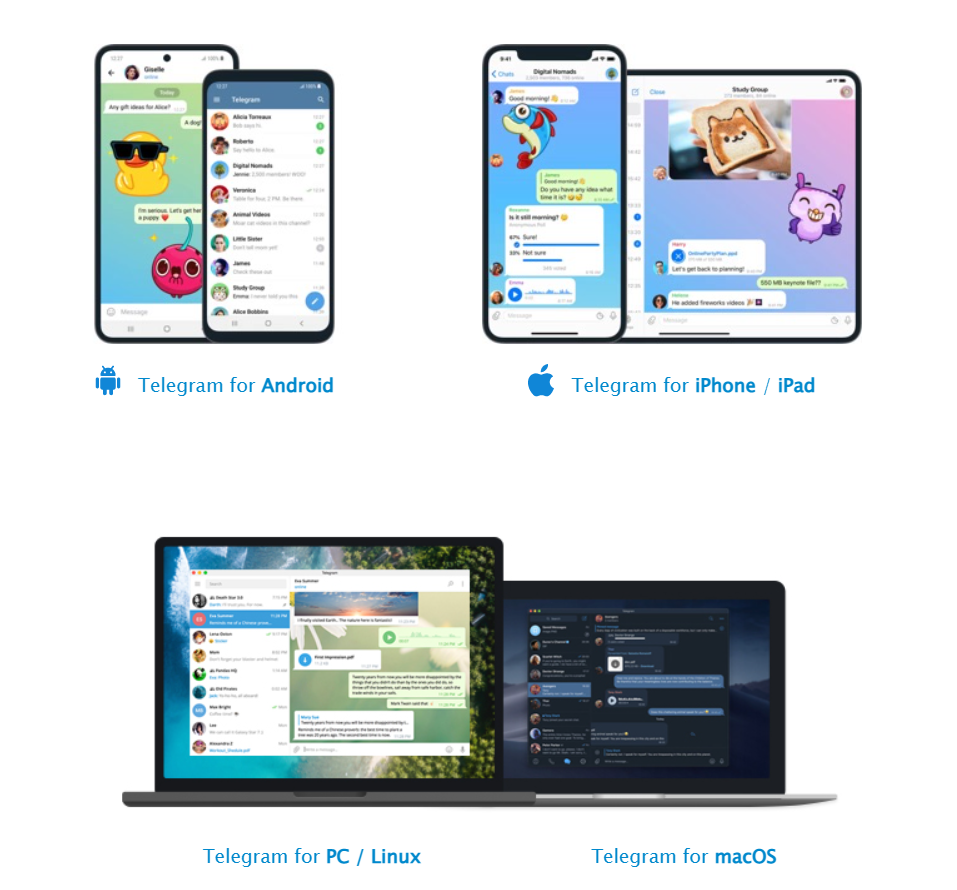
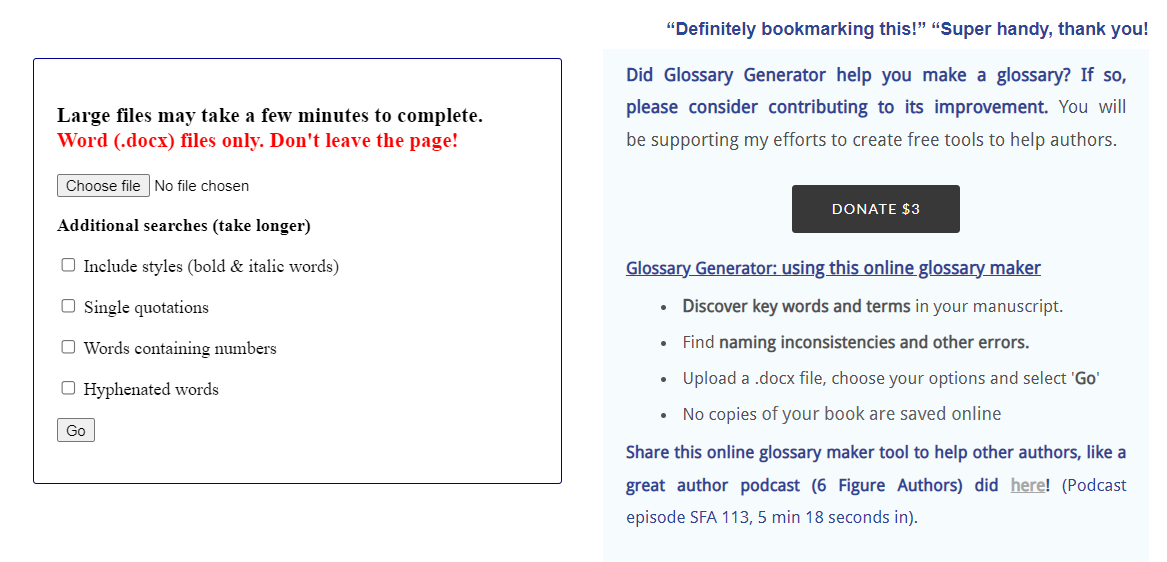
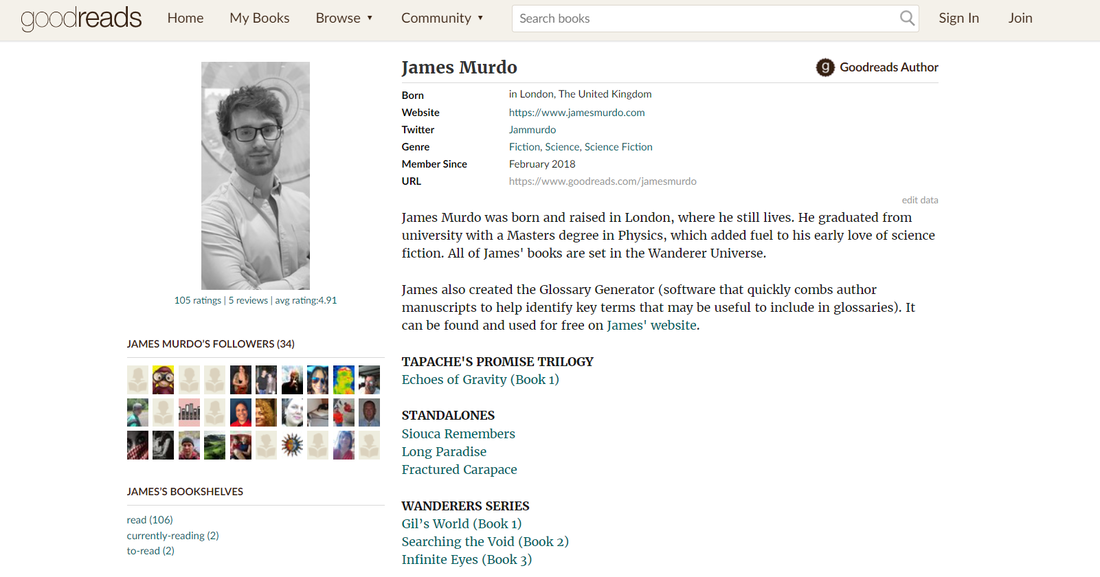
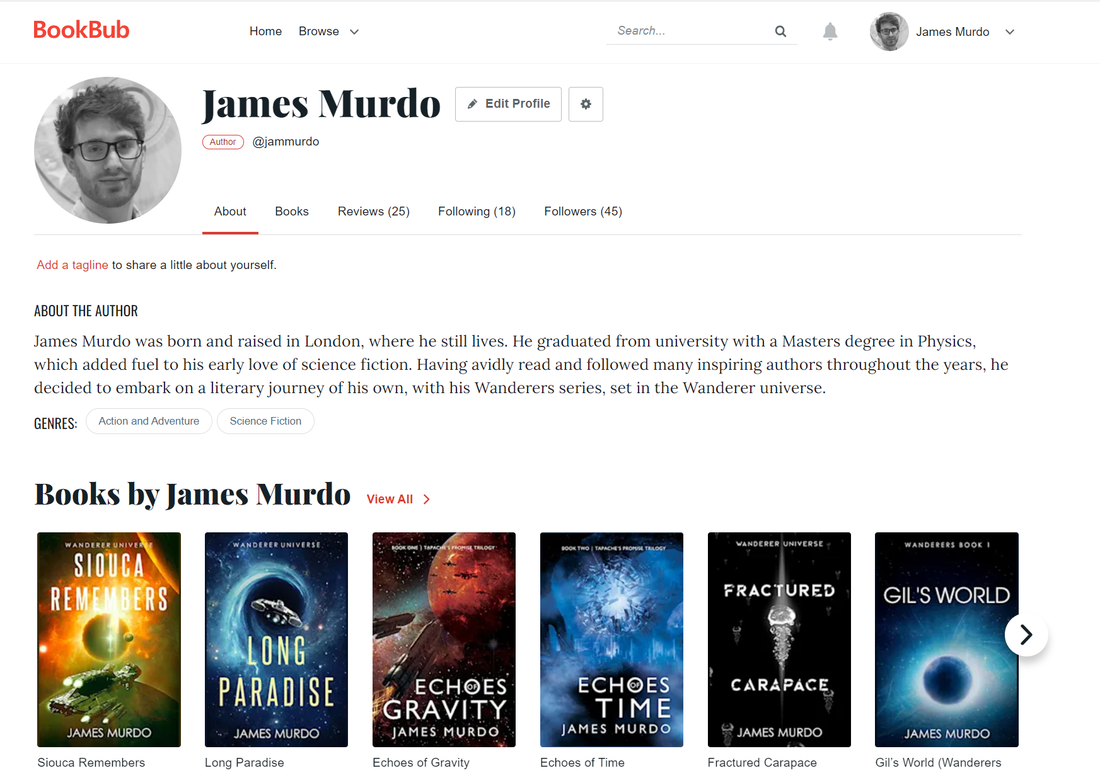

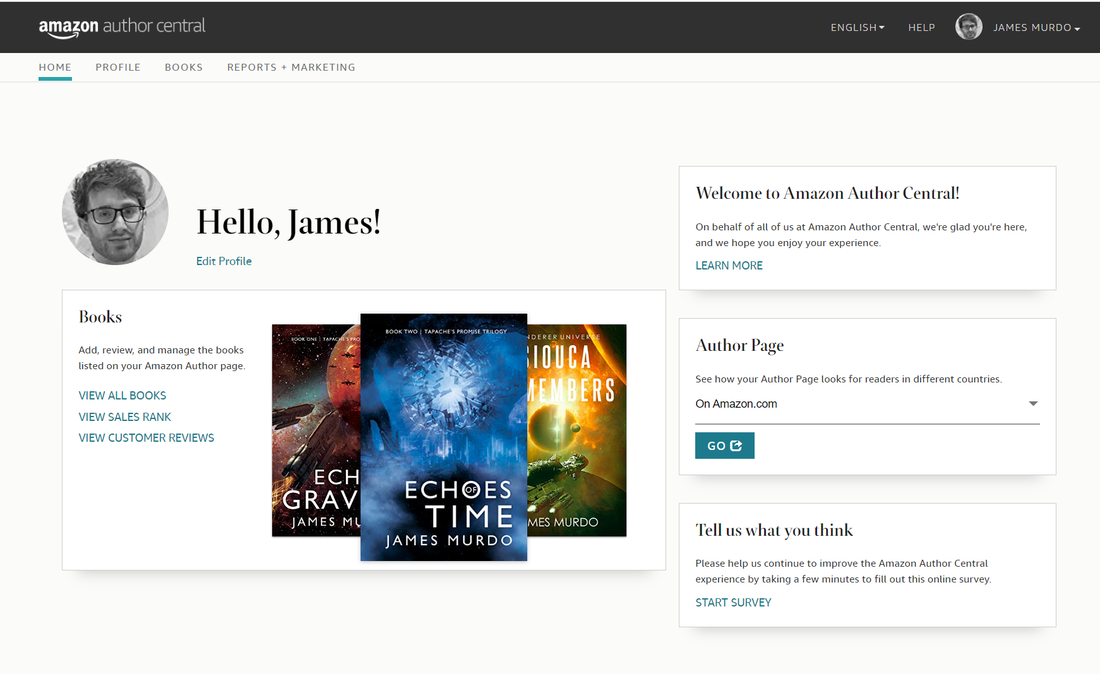
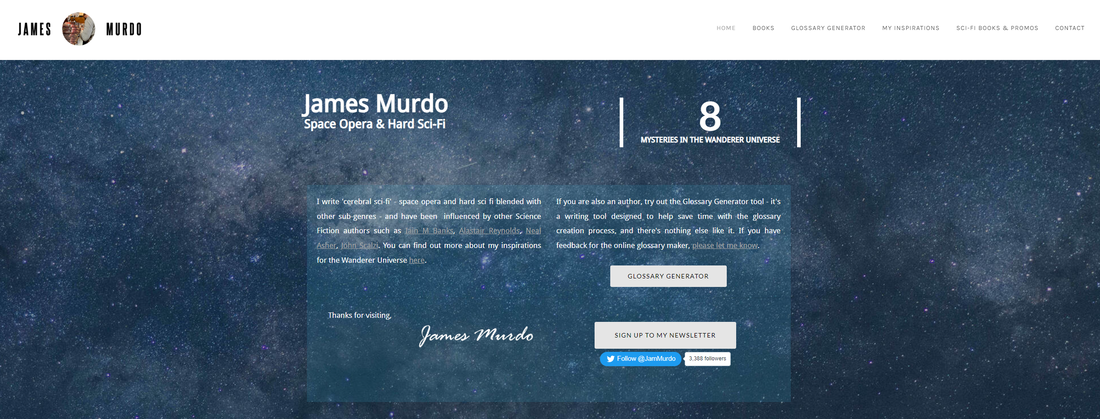
 RSS Feed
RSS Feed